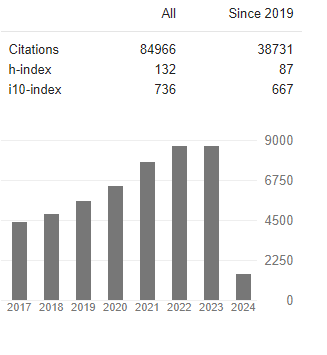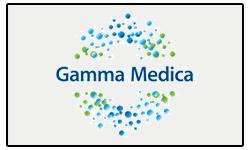Role of Nano-fertilizer in Plants Nutrient Use Efficiency (NUE)
Abstract
Mandana Mirbakhsh
Over the past half-century, the combination of technology and innovation has been developed to manage the negative impact of synthetic fertilizer on land ecosystems to identify the limitations of sustainability and optimize agricultural systems. The application of nano-fertilizers has achieved considerable interest due to their significant role as envi- ronmentally sustainable resource and soil health. Moreover, the increasing global population increased food insecu- rity especially under climate change. Nanotechnology has emerged as a promising alternative to help improving crop growth and productivity. However, un-balanced presence and long-term use of nano-particles alter photosynthesis, induce cellular redox imbalances resulting in lipid peroxidation, protein oxidation and DNA oxidative damage in plants, so more studies are still needed on their safe application with minimum side effects. In this paper, we reviewed nano-fertilizer mechanisms in plant, as well as their effects on microbiome and interaction with soil colloids. This study reviews the recent studies and findings about role of Nanotechnology in plant nutrition use efficiency to sum- marize a better understanding of this important issue. A comprehensive picture of ecological issues such as soil and water contamination in response to nano-fertilizer application will also be assessed.




